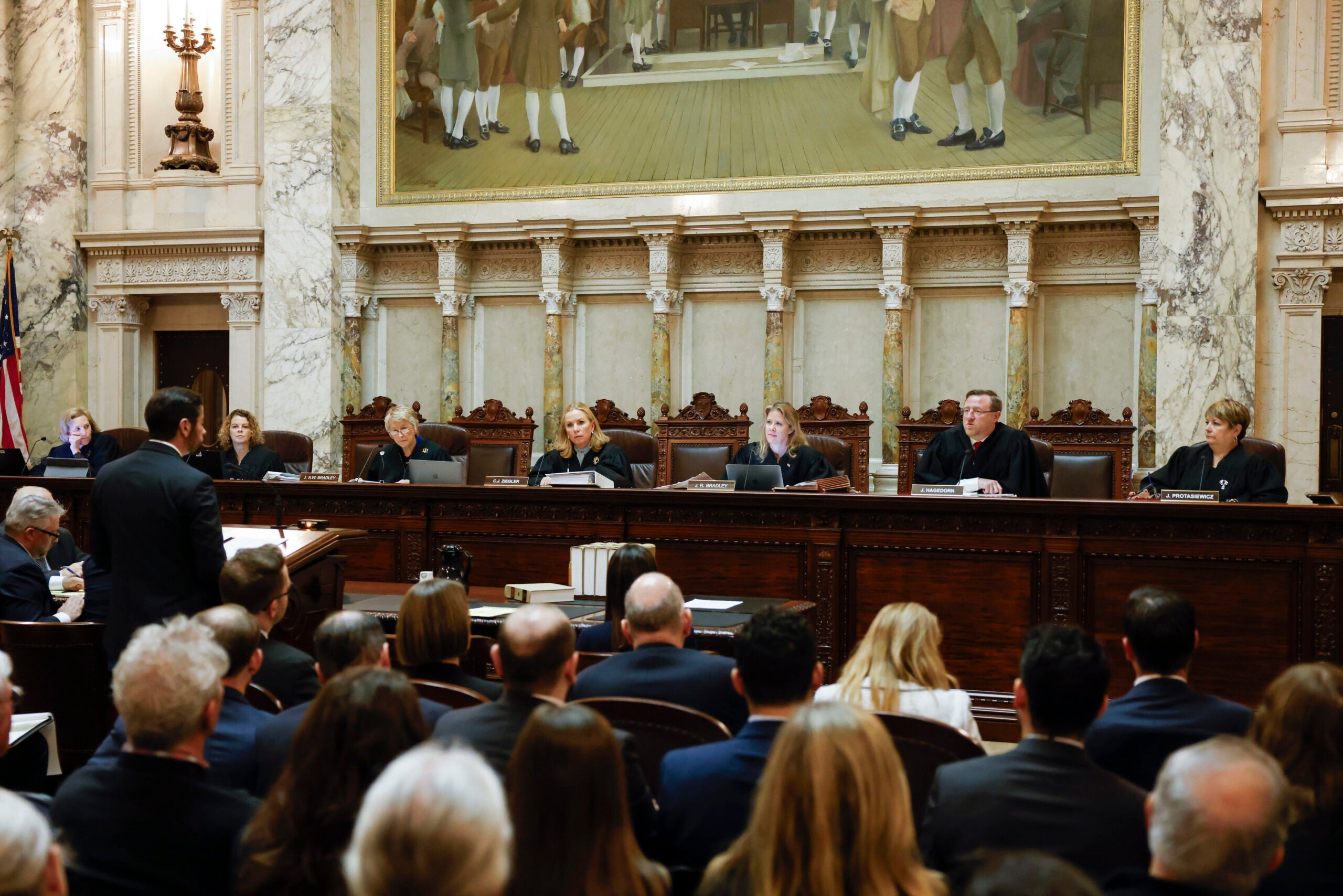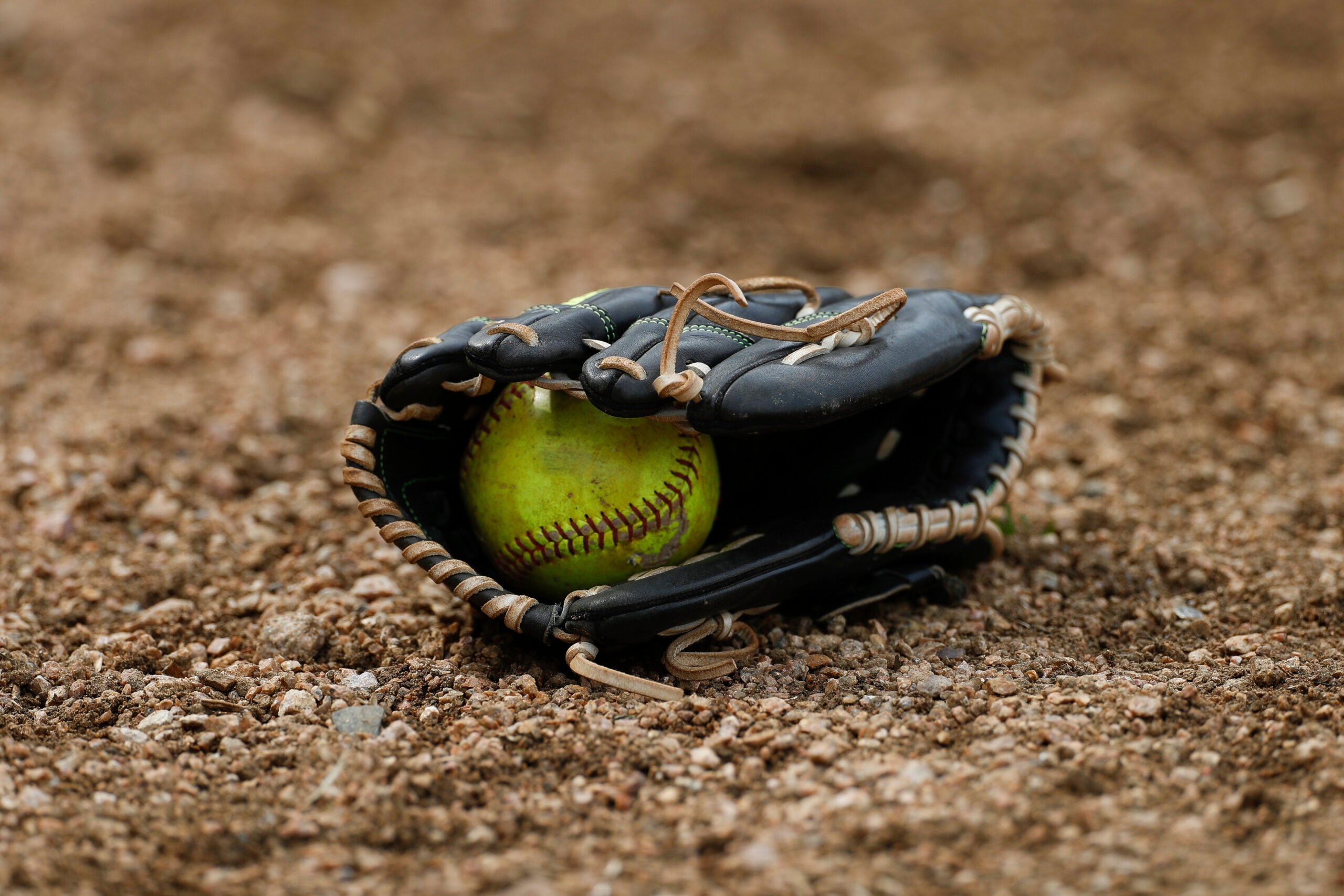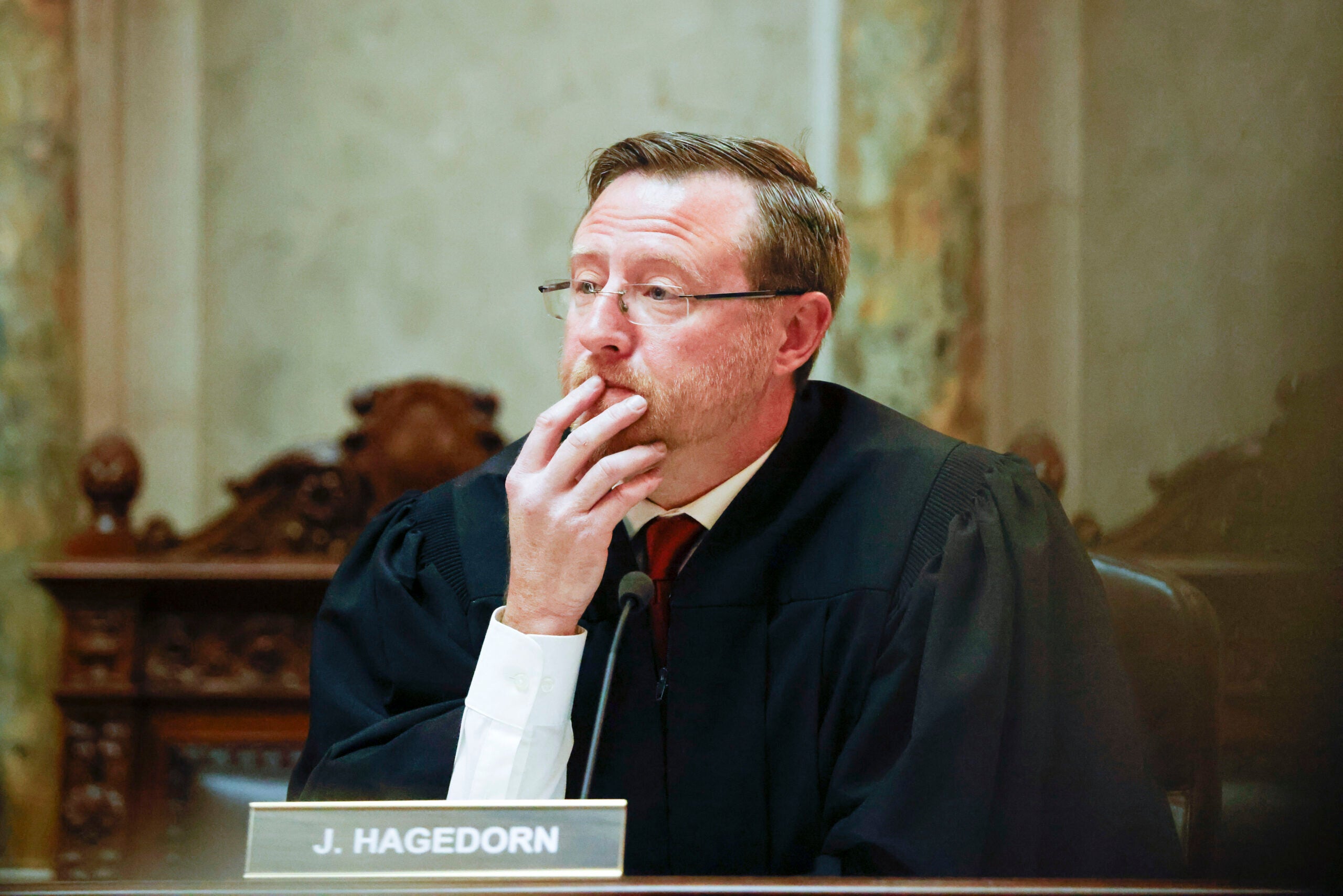A championship wrestler whose title was stripped from him in the course of a protracted legal battle lost his case before the Wisconsin Supreme Court.
The court ruled Tuesday that the Wisconsin Interscholastic Athletic Association, or WIAA, was within its rights when it suspended former Waterford wrestling champion Hayden Halter after he was penalized for unsportsmanlike conduct. The suspension would have prevented him from competing in a 2019 state wrestling championship.
Halter and his father secured a restraining order blocking the WIAA’s suspension, and he went on to win that year’s championship title for his weight class. As the case made its way through the courts, the title was stripped by a circuit court, then reinstated by a state appeals court.
Stay informed on the latest news
Sign up for WPR’s email newsletter.
A WIAA spokesperson did not immediately respond to a request for comment on whether the organization will again remove Halter’s name from its championship records.
The saga began in February 2019. Halter, who had won a state varsity championship the year before as a freshman with Waterford Union High School, was ejected after cursing at an official during a match and flexing his muscles at the opposing crowd after winning it. He received two unsportsmanlike conduct penalties for the actions.
The WIAA rules stated Halter had to serve a one-week suspension during the next competitive event, which was a regional match needed to qualify for the 2019 state championship. Halter and his wrestling coaches attempted to enter him in a junior varsity event to serve his suspension so he could later compete at the varsity regionals. The WIAA did not allow it.
In a 5-2 decision, conservative Wisconsin Supreme Court Justice Brian Hagedorn sided with the court’s liberal majority. In the majority opinion, Hagedorn wrote the WIAA correctly interpreted and applied its rules regarding its penalty.
“If athletes could satisfy their suspensions by sitting out events they had no intention of participating in, the rule would be easily skirted, and poor conduct would go unpunished,” Hagedorn said.
The court considered several questions regarding Halter’s situation, including whether the WIAA is a “state actor,” and therefore bound to the U.S. Constitution’s First Amendment, due process and equal-protection requirements.
In February 2024, Wisconsin’s Second District Court of Appeals ruled the private organization is a “state actor” and found the WIAA did not apply its rules fairly when suspending Halter.
But Hagedorn wrote Halter never raised any constitutional claims before the Supreme Court, which meant justices didn’t need to consider the “state actor” argument when overturning the appeals court ruling.
“We conclude the WIAA acted reasonably … and reasonably applied its appeal rules to Halter,” Hagedorn said.
A dissenting opinion written by conservative Supreme Court Chief Justice Annette Ziegler and joined by conservative Justice Rebecca Bradley took issue with the majority refusing to consider the “state actor” claim.
“Had this court answered the questions raised by the petition for review, this case would develop the law and resolve issues of statewide importance, potentially even national importance,” Ziegler said. “But the majority walks a different path, one that develops no law and answers questions of importance only to the parties directly before us.”
In a statement, WIAA Executive Director Stephanie Hauser said the Supreme Court order affirms the group’s private status and that it “acted properly in its role to set and uniformly enforce rules, policies and procedures that promote fairness in competition for Wisconsin’s students.”
“Today’s ruling, which reverses an earlier finding by the appeals court, only further underscores the integrity of the policies and processes put in place by our membership to promote fairness among Wisconsin’s student athletes.”
In an interview with WPR, Halter’s attorney Stacie Rosenzweig said she’s disappointed with the Supreme Court ruling, “but we do respect it.” When asked whether the case could be appealed to the U.S. Supreme Court, she said it’s “legally possible” though she couldn’t comment on whether Halter will pursue it.
“I do think this is the end of the line,” Rosenzweig said.
Wisconsin Public Radio, © Copyright 2025, Board of Regents of the University of Wisconsin System and Wisconsin Educational Communications Board.





